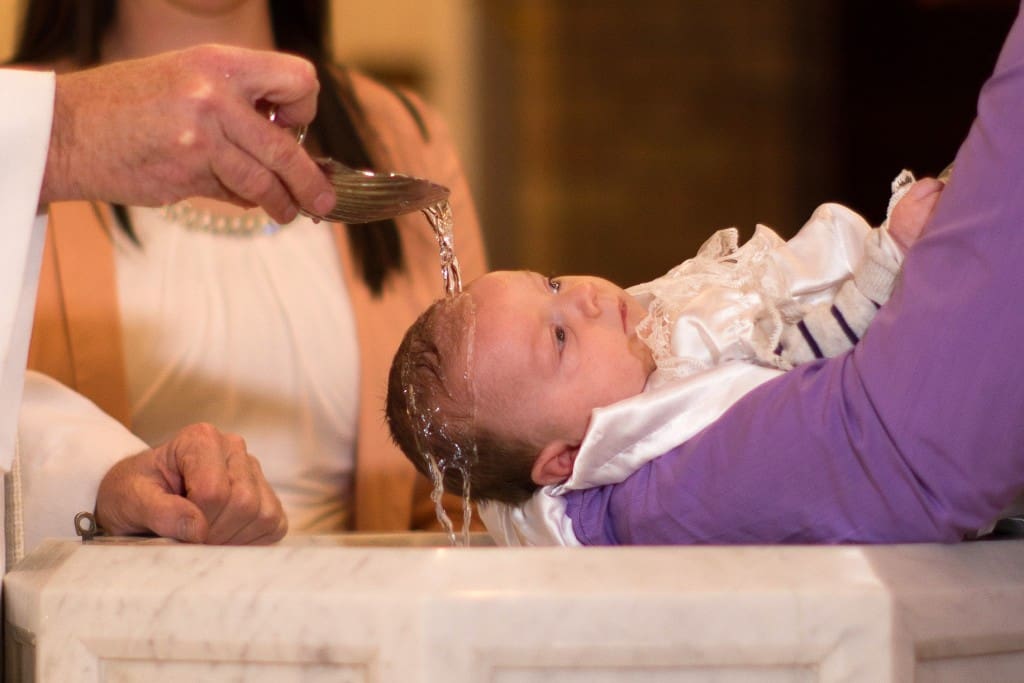A: When the Easter Vigil (which St. Augustine called “the holy mother of all vigils”) begins is often a question that vexes pastors. On the one hand, because the Church does not give a specific time for the Easter Vigil in the Holy Night, pastors are left to make a prudential and pastoral judgment. On the other hand, pastors fear that, if the Easter Vigil begins too late in the night, few of the faithful will attend.
Without being overly precise, the Church holds that the “entire celebration of this sacred Vigil must take place at night, so that it both begins and ends before the dawn on the Sunday” (Universal Norms for the Liturgical Year and the General Roman Calendar, 21). In the section pertaining to Easter Sunday of the Resurrection of the Lord, the Roman Missal states, “The entire celebration of the Easter Vigil must take place during the night, so that it begins after nightfall and ends before daybreak on the Sunday” (3).
This timing seems clear enough, but for some years now, it has been the practice in many parishes for the Easter Vigil to begin shortly after sunset—and not “after nightfall,” as the Church intends. On any other day of the year, what follows—sunset—according to the minds of most everyone, is not nightfall, but twilight. Nightfall occurs when the fading light of the setting sun is no longer visible to the human eye. Nightfall, then, occurs at different times in different locations, in some places and at sometimes more quickly than others.
So important to the Easter Vigil is the symbolism of the light shining in darkness that the Congregation for Divine Worship and the Discipline of the Sacraments, in its Circular Letter Concerning the Preparation and Celebration of the Easter Feasts, Paschalis Sollemnitatis, declares that “this rule is to be taken according to its strictest sense” (78; cf. John 1:5). As he lights the Paschal Candle from the light of the sacred fire, the priest prays, “May the light of Christ rising in glory dispel the darkness of our hearts and minds,” after which the Deacon thrice declares, “The Light of Christ,” as he leads the faithful into the church (14, 15). When the deacon chants the praises of the Paschal Candle, he prays that, as it burns, it might “overcome the darkness of this night” (19). If the Easter Vigil begins while it is still light, these prayers make little sense.
A pastor might well understand all of this but still think, for the sake of the faithful, that the Easter Vigil should still begin before nightfall. In its circular letter, the Congregation notes that this concern “is not put forward in connection with Christmas night” (78). In fact, in those (sadly, rare) places where the Easter Vigil begins after nightfall and Christmas Midnight Mass is celebrated at midnight, those attending the Easter Vigil will return home earlier than they will on Christmas, yet how many people grumble about the late Christmas hour? It is arguably more common that they relish the beauty of that night and look forward to it each year.
A beginning time for the Easter Vigil prior to nightfall is, as the circular letter states, a “violation” of the rubrics for this night (78). Especially egregious is a starting time approximate to the usual beginning time of an anticipated Sunday Mass, a practice that is “reprehensible” (78). The Easter Vigil begins after nightfall, not before.
—Answered by Father Daren J. Zehnle
Diocese of Springfield, IL

